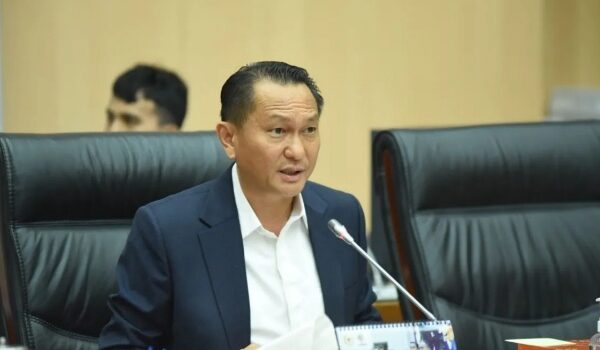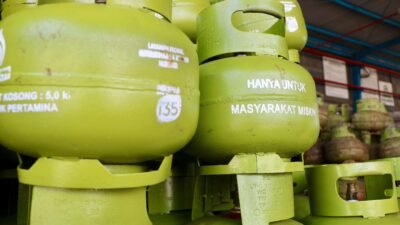At the heart of global discussions on sustainable development, Indonesia has stepped forward with a powerful message: it is fully committed to advancing the green economy and accelerating its energy transition. This message was delivered loud and clear at the 12th Nevsky International Ecological Congress held in St. Petersburg, Russia.
With climate change growing more urgent by the day, Indonesia is taking center stage in shaping a more sustainable future—not only for its people but for the world.
🇮🇩 Indonesia’s Vision: From Fossil Fuels to Clean Energy
Indonesia’s participation in the congress underlines its strategic shift from fossil-fuel dependency to renewable energy. Representing the government, Deputy Chairman of the Indonesian House of Representatives (DPR), Rachmat Gobel, emphasized that economic growth must no longer come at the cost of environmental damage.
“Indonesia is moving toward a green economy model that balances economic development with ecological preservation,” Gobel stated during his address.
Importantly, this vision aligns with Indonesia’s net-zero emissions target by 2060 and the nation’s broader role in the ASEAN Energy Cooperation Plan.
🌏 Global Cooperation is the Key
To achieve meaningful results, Indonesia has called for stronger international collaboration. At the congress, Gobel highlighted that addressing environmental challenges and reducing carbon emissions requires a collective global effort.
Furthermore, he expressed Indonesia’s readiness to work with both developed and developing countries in areas such as technology transfer, sustainable investment, and capacity-building for green industries.
This approach reflects Indonesia’s stance as a proactive, solution-oriented player on the world stage—particularly in forums such as the G20 and COP summits.
⚡ Accelerating the Energy Transition
In addition to policy dialogue, Indonesia is taking real, tangible steps at home. From expanding solar and geothermal energy projects to phasing out coal-fired power plants, the country is actively building a more resilient and eco-friendly energy system.
Gobel also noted Indonesia’s plans to develop green industrial zones, such as those in North Kalimantan, where factories will be powered entirely by clean energy sources.
These actions not only cut emissions but also generate green jobs, improve energy security, and reduce long-term economic risks from climate-related disasters.
💡 Education, Innovation, and Awareness
Another highlight of Indonesia’s message was the importance of education and public awareness. According to Gobel, sustainability must begin with mindset shifts—especially among youth and business leaders.
Indonesia is now investing more in green innovation, environmental education programs, and clean-tech start-ups. By doing so, the government hopes to create a new generation of eco-conscious citizens who can lead the country through a sustainable transformation.
✅ Conclusion: A Greener Future Is Within Reach
Indonesia’s presence at the 12th Nevsky Congress was more than symbolic—it was a bold statement of commitment. With a strong focus on the green economy and clean energy, Indonesia is positioning itself as a regional leader in sustainability.













